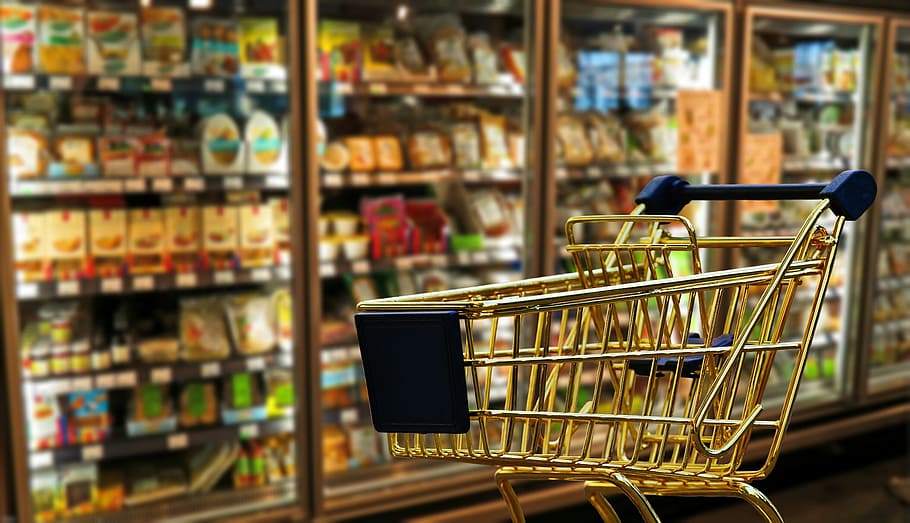In Greece, social supermarkets have been established to tackle the issues of food waste and food insecurity. Firstly established as an initiative by the municipality of Athens, they later expanded to several regions of Greece. Their operation is based on the model of the social supermarkets created by the Carrefour group, initially in France and Belgium, for the relief of vulnerable social groups. These supermarkets offer affordable and dignified shopping experiences to individuals and families who are struggling financially, while also reducing food waste by sourcing surplus or nearly expired products.
Social supermarkets collaborate with food producers, retailers, and distributors to obtain safe-to-consume surplus food, which is carefully inspected and sorted to ensure quality and safety. The products in social supermarkets are offered at significantly reduced prices compared to regular retail prices, enabling individuals with limited financial resources to access a variety of food and essential items. To shop at a social supermarket, individuals typically need to become members, and eligibility criteria may vary.
Social supermarkets are designed to resemble regular grocery stores, providing a dignified and inclusive shopping experience. They may also organize events, workshops, and programs to support the community. These initiatives can include cooking classes, nutrition education, job training, and other social services that aim to improve the overall well-being and empowerment of individuals and families. Social supermarkets rely on partnerships and the support of volunteers to operate effectively and contribute to reducing food waste and promoting sustainability and social justice within the local communities they serve.
Social supermarkets empower individuals by offering discounted prices and allowing them to make their own food choices. They also play a crucial role in reducing food waste by sourcing surplus or near-expiry date products that would otherwise go to waste. They prioritize creating a dignified and inclusive shopping experience to remove the stigma associated with receiving food assistance. Additionally, social supermarkets engage with the local community and collaborate with other organizations to provide educational programs and additional social services. These supermarkets rely on collaborations and partnerships with various organizations to access surplus food and extend their impact.
The social supermarket model has demonstrated replicability and scalability potential and can be adapted and replicated in different regions to address food insecurity and food waste in other communities.
Social supermarkets may face challenges in reaching all individuals and families experiencing food insecurity due to geographical limitations or concentration in specific areas. Expanding their reach to serve a wider population may require additional resources and infrastructure.
Effective coordination and collaboration with various stakeholders, including food producers, retailers, distributors, and charitable organizations, can be challenging. Ensuring smooth communication, logistics, and cooperation among these stakeholders is critical for the success of social supermarkets.
Finally, overcoming the stigma associated with food assistance can be challenging. Social supermarkets should actively promote awareness and educate the public about their mission and the importance of providing dignified access to food for all.



